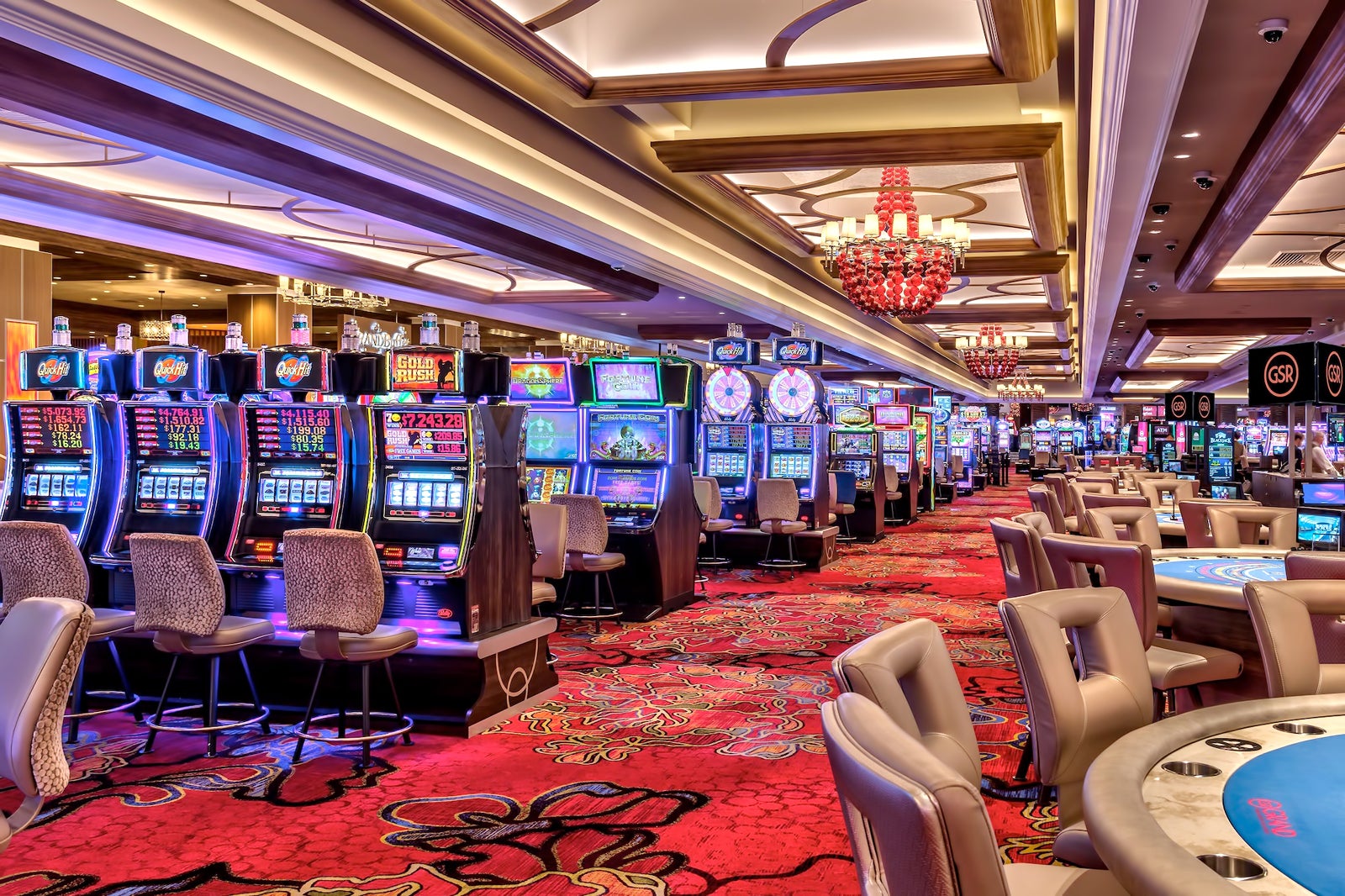
Gambling in casinos has long been a subject of fascination and debate, drawing in millions of players around the world. With a blend of luck, strategy, and the excitement of risk, casino games offer an exhilarating escape from everyday life. However, as entertainment becomes ever more accessible, it calls for a more thorough examination of the morality surrounding these games.
At the heart of the discussion lies the question of whether casinos promote responsible gaming or take advantage of vulnerable individuals. The allure of potential winnings versus the truth of losses can create a challenging situation, and understanding this balance is essential for both players and operators. As we delve into the morals of casino gaming, we will explore the duties of casinos, the effects on society, and the measures that can be taken to foster a healthier gaming environment.
The Impact of Casino Gaming on Society
Gambling in casinos has a notable influence on the community, affecting not only the financial landscape but also social behaviors and community structures. The revenue generated from casinos can lead to job creation and boost regional economies, as they provide multiple employment opportunities in multiple fields including hospitality, leisure activities, and retail. However, while the financial benefits can be substantial, communities often struggle with the potential negative impacts that arise from increased gambling activity.
Moreover, the presence of casinos can lead to an rise in gambling addiction, presenting significant challenges for players and families. The thrill of casino games can quickly evolve into a habitual habit, affecting personal relationships and leading to monetary issues. Many individuals may struggle with the loss of control over their gambling habits, resulting in a need for assistance programs and help to address this growing issue. The social cost of addiction can extend through kinships and neighborhoods, creating an urgent need for sensible gambling approaches.
In addition to the economic and social consequences, casino gaming often showcases cultural attitudes towards uncertainty and leisure. It can encourage a sense of excitement and leisure, attracting tourists and boosting tourism. However, this allure may also mask the broader implications of gambling as a method of entertainment, raising ethical questions about its advertisement and availability. As communities weigh the advantages and disadvantages of casino gaming, the need for responsible practices and regulation becomes increasingly critical in ensuring that the positive aspects are maximized while reducing the potential harms.
Ethical Issues in Betting Activities
The ethics of casino gaming often center around the potential for dependency and its consequences on individuals and families. Gambling can lead to significant financial distress, impacting not only the betters but also their loved ones. As individuals become entrapped in the appeal of winning, many lose track of their budget, which can result in catastrophic outcomes such as bankruptcy. This poses moral questions about the duty of gambling establishments in fostering responsible gambling habits and offering support for those who may be struggling with betting addiction.
Another critical issue is the promotion of gambling to vulnerable groups. Casinos often aim at low-income individuals or neighborhoods with the offer of quick gains, which can perpetuate cycles of financial struggle and hopelessness. In this context, the ethics of advertising strategies used by gambling establishments come under examination, as they may take advantage of the desperation of individuals seeking an escape from financial hardships. This manipulation raises moral questions about the honesty of the gambling industry and its obligation to protect its most at-risk customers.
Additionally, the effect of gambling gaming on the community as a entirety cannot be overlooked. While some argue that casinos create employment and boost local economies, others point to the community costs associated with dysfunctional gambling, increased crime rates, and a burden on public resources. Balancing economic benefits with the potential for social harm presents a challenging moral dilemma for policymakers and gambling operators alike. The challenge lies in finding a responsible approach that takes into account the well-being of individuals and society while still allowing for the enjoyment of casino gaming.
Regulatory Structure and Responsibilities
The legal framework surrounding casino activities is developed to ensure equity, trustworthiness, and participant safety. Multiple government agencies and gambling commissions create and apply regulations that dictate how gaming operations work, the standards for product design, and the procedures for handling winnings. These regulations differ by region but commonly involve licensing requirements for operators and strict measures to prevent fraud and fraud.
In addition to regulatory bodies, gaming businesses bear significant duty in preserving principled standards within their facilities. They must implement responsible player practices that encourage participant safety and education, including presenting self-limitation options and providing information about the dangers connected to betting. sa88 Casinos are also responsible for educating employees to spot signs of difficult gambling and understand the proper steps to assist visitors in distress.
Additionally, openness in gaming operations is crucial for earning and maintaining public faith. Gaming establishments should provide clear details about the odds of operations, promotional opportunities, and any related dangers. By fostering an culture of honesty and responsibility, gambling establishments can help lessen the potential adverse impact of gambling while boosting the complete betting experience for all gamblers.
